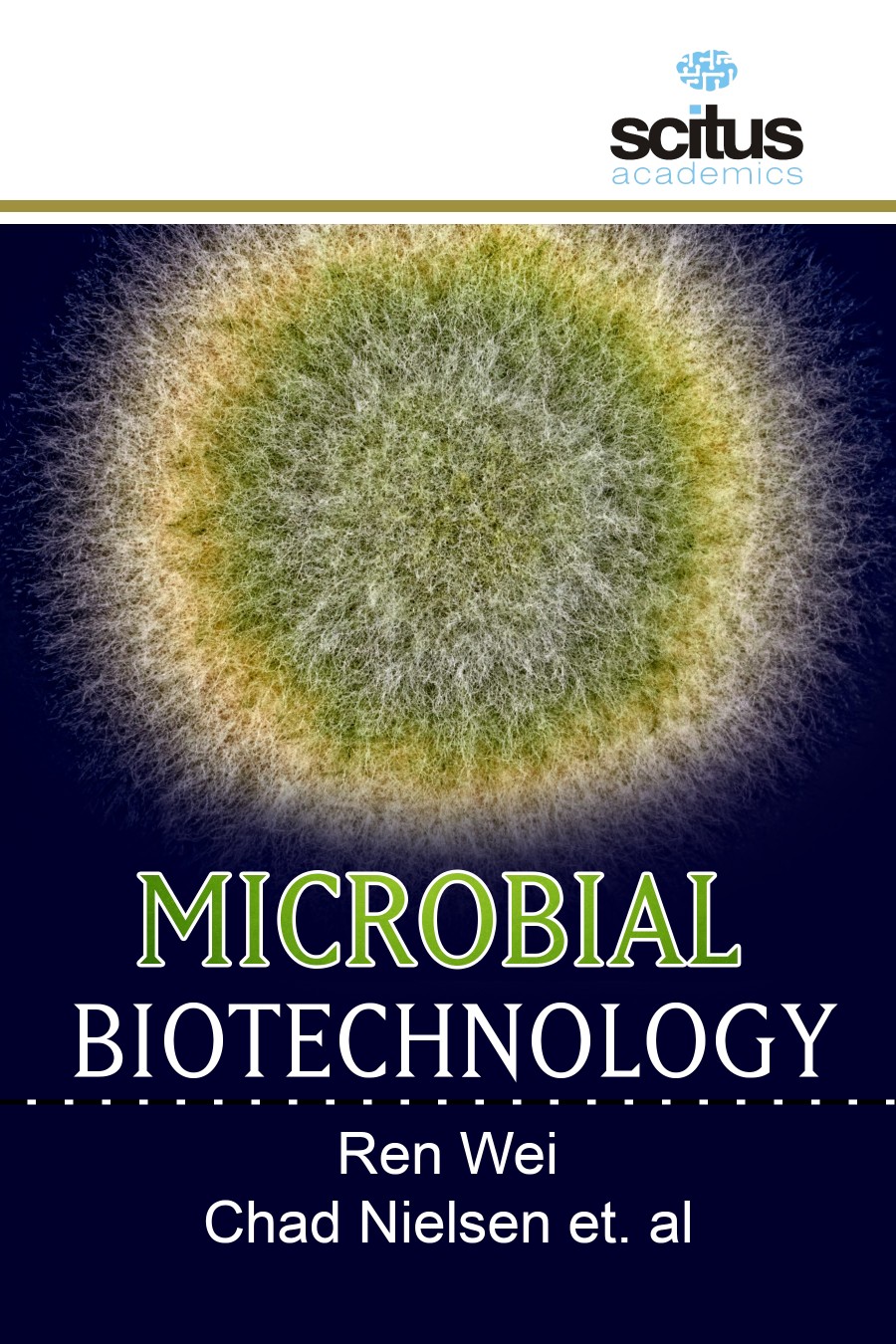For thousands of years, microorganisms have been used to supply products such as bread, beer and wine. Today, Microbial Biotechnology is a new area of science and engineering that includes microbially-mediated construction processes and microbial production of construction materials. Low cost, sustainable, and environmentally-friendly microbial cements, grouts, polysaccharides, and bioplastics are useful in construction and geotechnical engineering. Food fermentation applications such as fermented dairy products and alcoholic beverages have also shown good possibility for using GMOs for improved fermentation performance and resistance to bacteriophages rather than yield improvement. Improvement in product characteristics including better nutritive quality will be the driving force of future research in food biotechnology. With the capabilities of modern biotechnology, the scientists can now transfer desirable characteristics or genes, without simultaneous transfer of other undesirable gene.
Microbial Biotechnology is intended to cover on scientific and technological aspects of microbes in biotechnology and their diversified applications in different areas. Microbial biotechnology, enabled by genome studies, will lead to breakthroughs such as improved vaccines and better disease-diagnostic tools, improved microbial agents for biological control of plant and animal pests, modifications of plant and animal pathogens for reduced virulence, development of new industrial catalysts and fermentation organisms, and development of new microbial agents. Microbial biotechnology is an important area that promotes for advances in food safety, food security, value -added products, human nutrition and functional foods, plant and animal protection, and overall fundamental research in the agricultural sciences.













